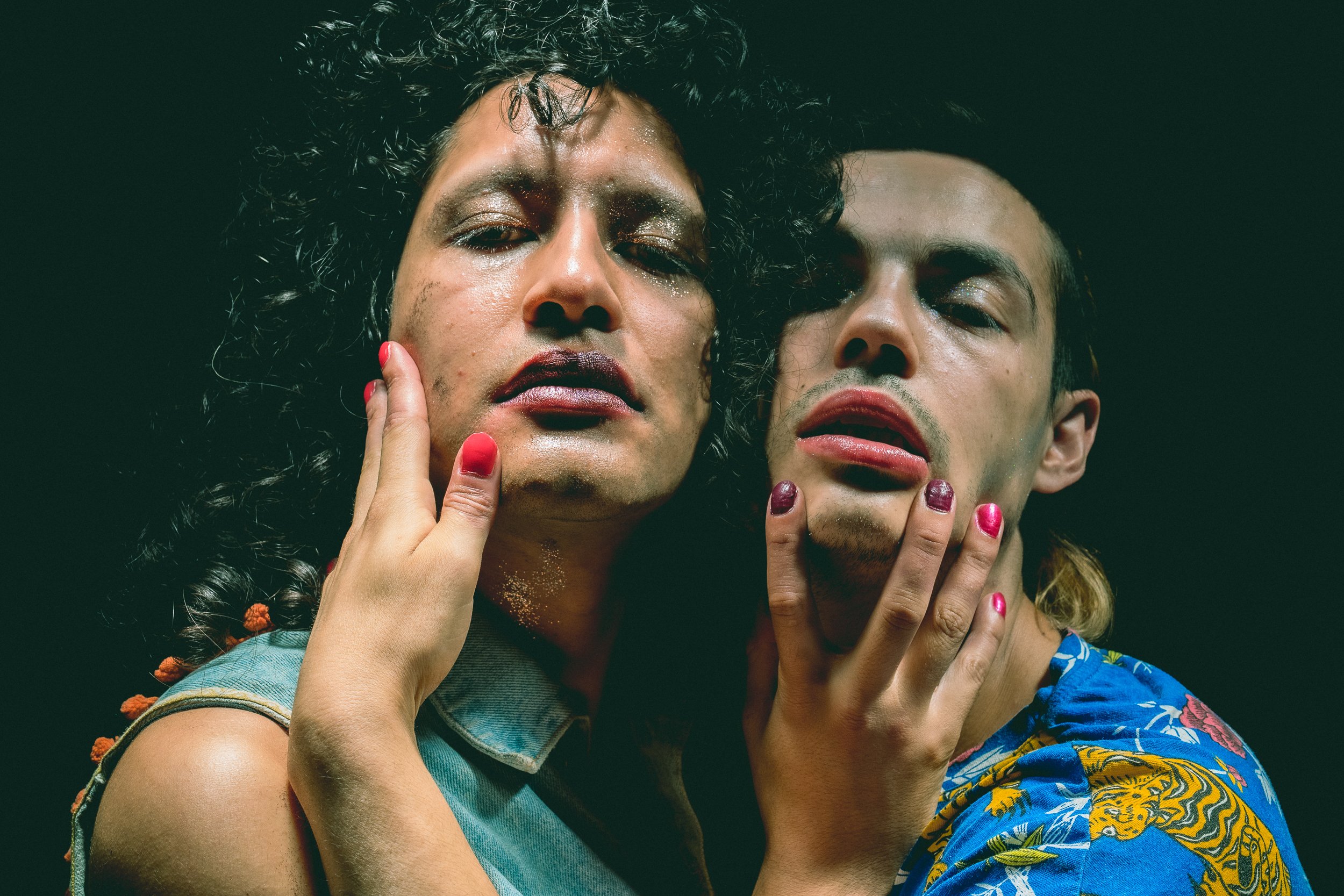Désiréé 0100
Désirée emigrated from Mexico to Europe when she was 19 years old. She’s a self-taught artist that likes to gather with lovely people in peaceful and cute places.
She loves everything that involves gathering, meeting, bonding as an intersectional practice of mutual care, survival, and joy.
Outside of her career as an artist, she’s an organiser, who loves to create gatherings and events in underground places.
What inspires your work and what is your creative process?
“I love to work around topics of healing, gathering, migration, decolonialism, magic, and folklore. I consider myself a storyteller that brings messages, and images to people that I love. People around me see me as an improviser but I would say that I develop my own way of writing and sharing by adapting my work to the place, audience, and date of our gatherings. I try to honor the tradition of gatherings in Mexican villages’ squares where people dance, tell stories, celebrate, and honor their ancestors and history.”
What about dance and choreography as a medium speaks to you?
“I started dancing as a way to question my gender identity and gender expression at 19 years old. This practice literally saved my life and was the start of the most beautiful and strange journey of my life. I try to see dance as the art and communication of the body, including movement and voice that merge in order to create images, emotions, and messages.”
“I don’t aim for dexterity or virtuosity, I rather aim to create cozy and expressive events that are accessible to a mixed crowd (not only an educated white artistic niche).”
Did you have any queer role models?
"I am really much inspired by Mexican classic Icons such as Juan Gabriel, Chavela Vargas. I also grew up admiring queer icons of lucha Libre like Pimpinela Escarlata, it's extremely fascinating for me her journey as a trans femme hero who made her way through a macho society and earn respect of everyone thanks to her performing skills and charisma. More recently I’m totally in tune with Mexican radio host Luisa Almaguer who leads a beautiful initiative giving voice to contemporary transgender figures in her radio programs."
“People around me see me as an improviser but I would say that I develop my own way of writing and sharing by adapting my work to the place, audience, and date of our gatherings.”
Picture by @arnaudbeelenphoto
How do you think the queer community can better uplift one another during these uncertain times?
“It is very important that we keep fighting for our rights, to continue meeting and organizing events for ourselves, helping each other, but also keep questioning our common journey because “one person’s notion of safety is someone else's notion of harm”. We owe to us to continue learning and exploring an intersectional approach of safe places, and liberation. No one is free until everyone is free.”
“I do miss more visibility and space for elderly queers, teenagers queers, bipoc queers, undocumented queers. I also think we could do more things in nature and during daytime events in Belgium, and not alway in bars, clubs or parties. My dream is that we could do sort of a queer refuge in nature.”
What is your dream project?
“We will never have enough space to dance and move in the world. My dream is work in a space that can welcome all the people (specially women and queer people) who don’t feel confortable in dance clubs, bars or classic dance schools. Dance goes much beyond the current possibilities.”
“We owe it to us to continue learning and exploring an intersectional approach of safe places, and liberation. No one is free until everyone is free.”
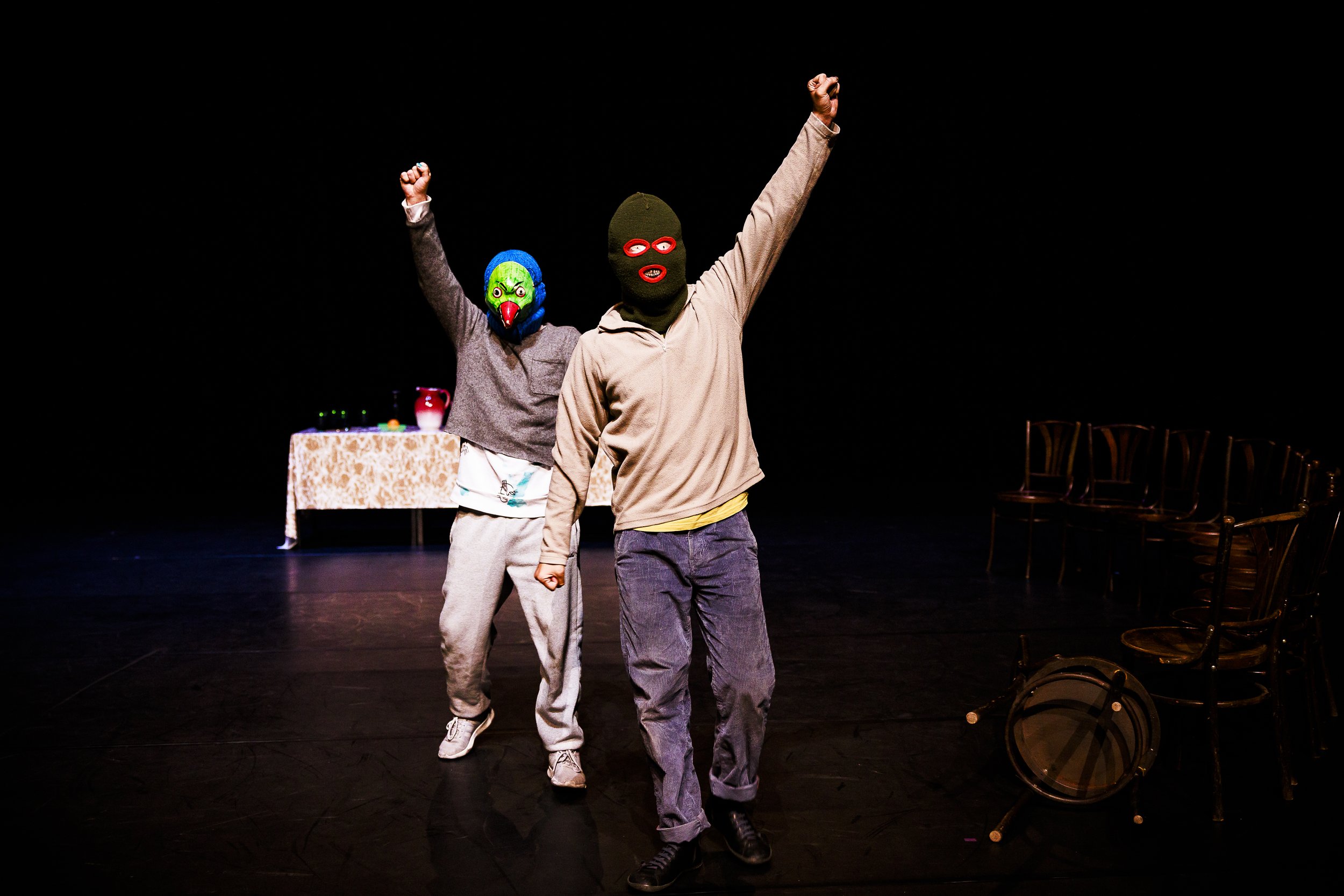
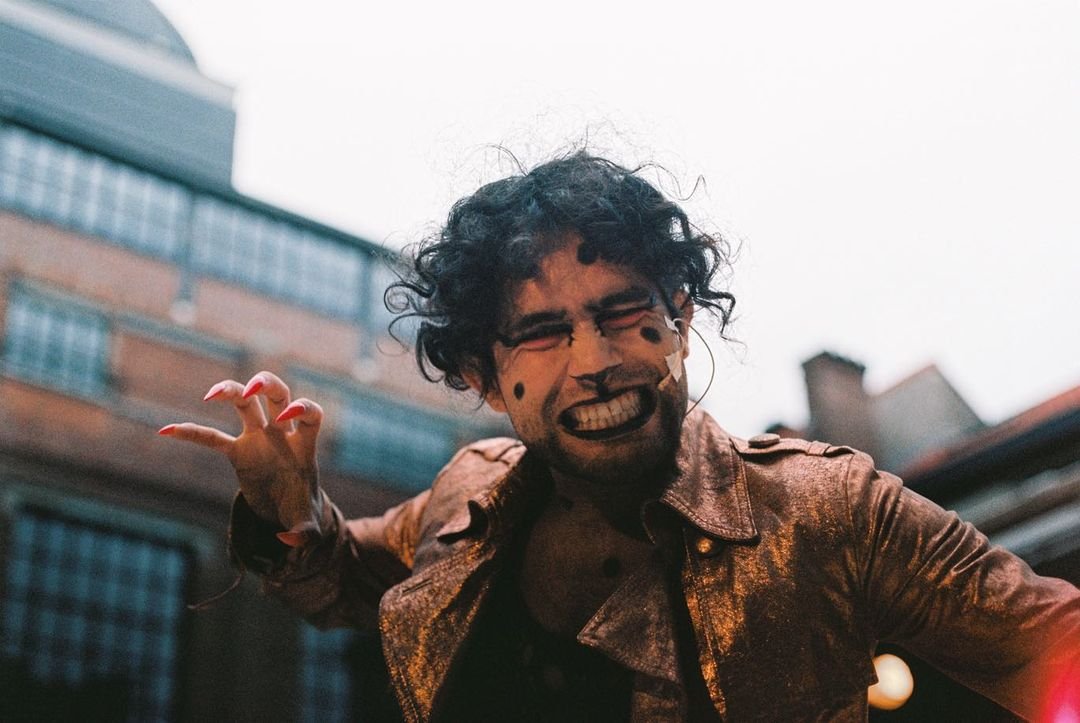
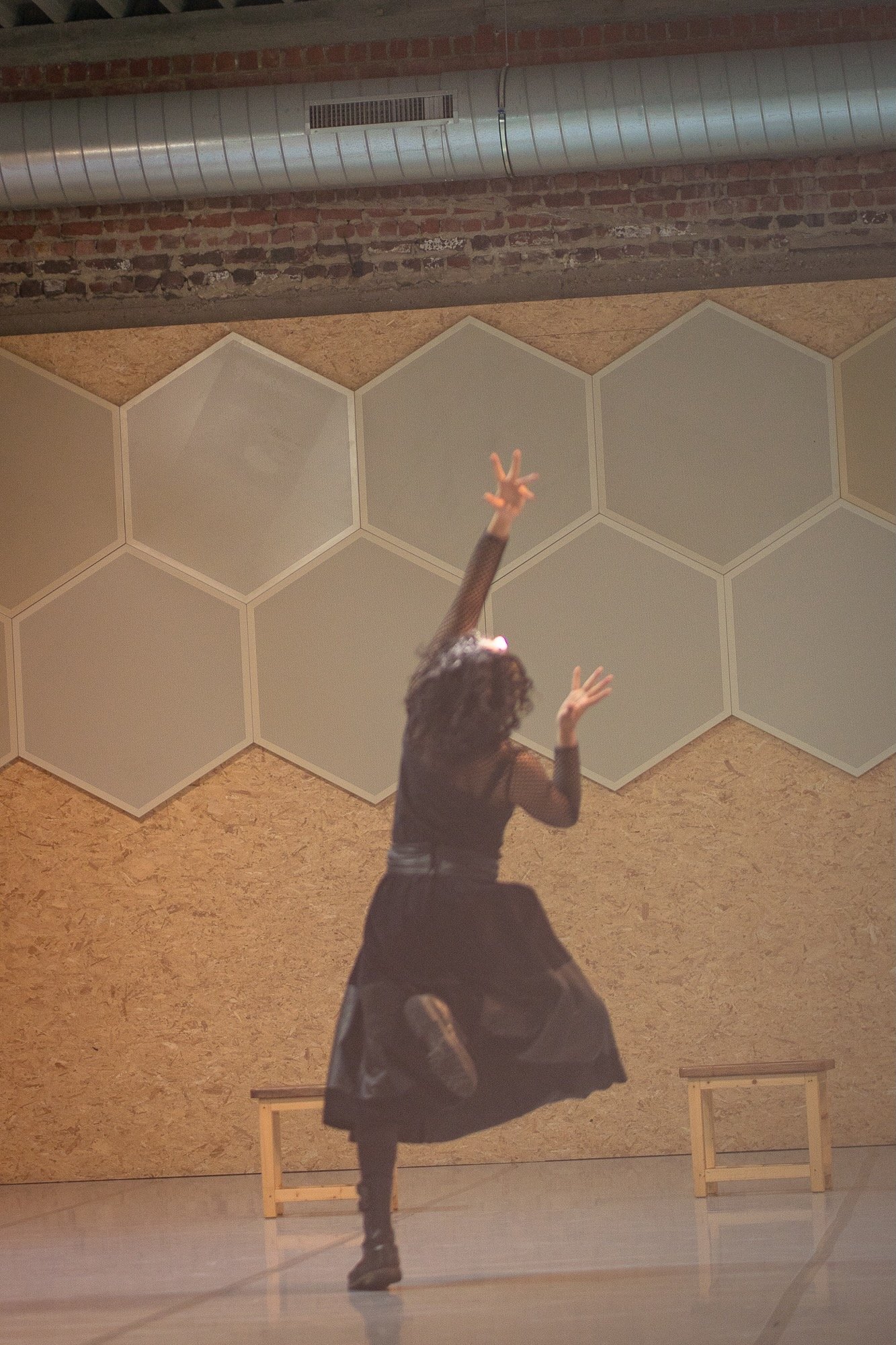
Photo credits (in order of appeareance):
-Sara Anke
-Arnaud Beelen
-Ines Mottale
-Sara Anke
-Elko van Raemdonck
-Victoriano Moreno
-Charlie Neuwald
-Irene Occhiato/Arnaud Beelen
